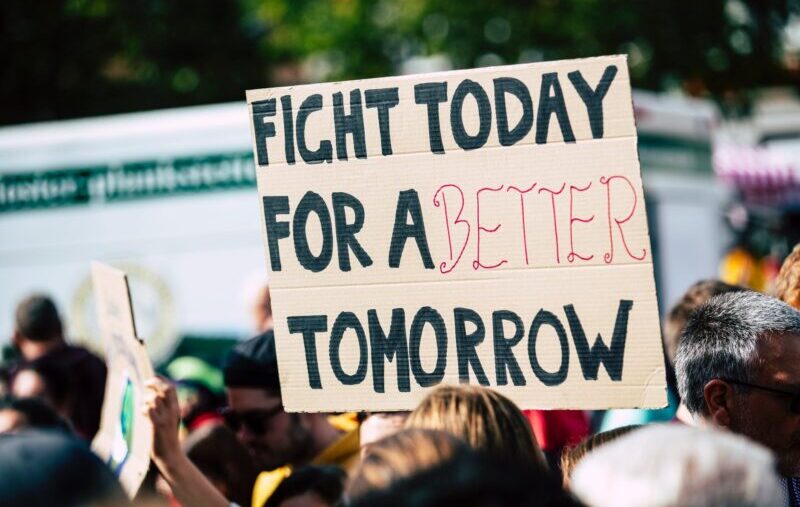The summer after my sophomore year of college I stayed on campus to work on the conferences and events team. We made beds, hauled supplies and were continuously “on call” for the many groups who used the university’s facilities between May and August.
One large group proved to be especially challenging for our team. Between their ever-increasing demands and our inability to meet them, frustration mounted quickly on both sides. As we approached the boiling point our boss called an emergency meeting to determine next steps. We were worn out, frustrated and short on ideas about how to meet this client’s demands.
The boss asked us for our ideas and I blurted out, “They just never should have come.”
I’ve seen some withering stares in my life but the one I received from my boss that day tops them all. Incredulous, he moved on to someone else, someone with something useful to say.
The danger of youthful idealism is that when things don’t work out as you believe they should, an immature response seems all there is to offer. It’s a place of victimization rather than agency, one of stagnation rather than creativity.
A mature idealism suggests that our highest aspirations are always tempered with the acceptance of reality, with respect for the vicissitudes of change. From that place we can responsibly say, “”We knew this was possible. It’s not what we wanted, but we knew it was possible. What’s the best we can do in this moment?”
That’s a position of possibility, an opening up to what the moment has to teach us and a chance to practice the resilience necessary to make the most of it.
As the saying goes, the only way to survive keeping your head in the clouds is to have your feet firmly planted on the ground.
DAVID BERRY is the author of “A More Daring Life: Finding Voice at the Crossroads of Change” and the founder of RULE13 Learning. He speaks and writes about the complexity of leading in a changing world.




